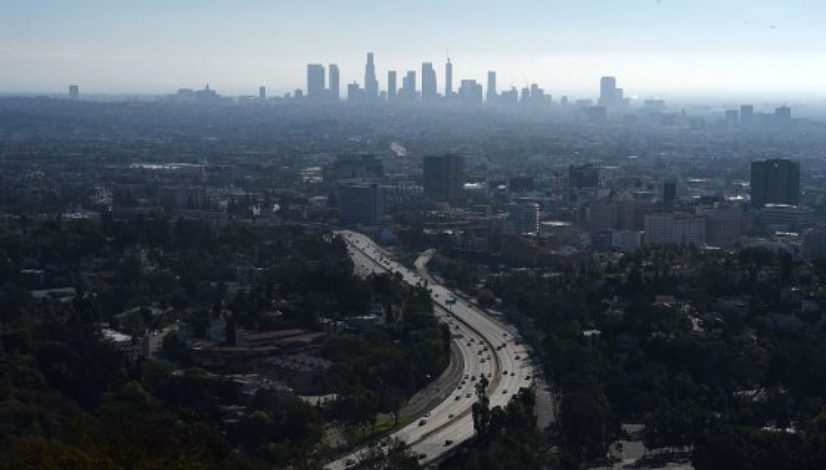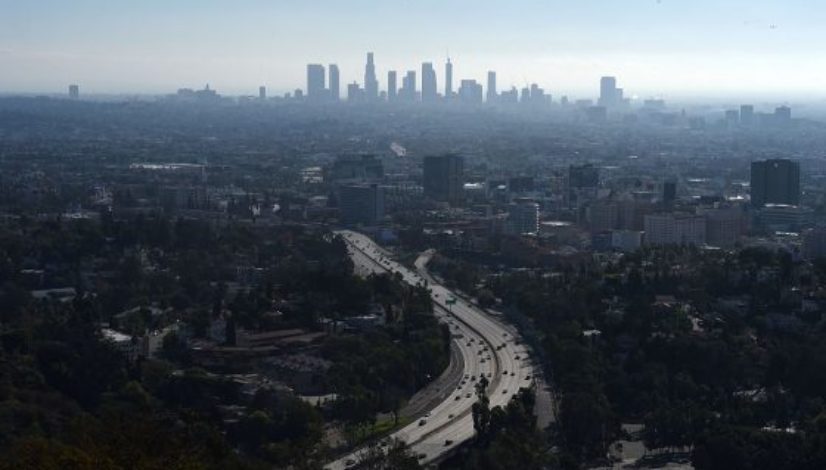America’s biggest marijuana market finalizes rules for recreational weed

Published: Dec 6, 2017, 11:43 am • Updated: Dec 6, 2017, 11:47 am
By Michael R. Blood, The Associated Press
LOS ANGELES — In March, Los Angeles voters endorsed a plan to bring order to the city’s long-unruly marijuana market while clearing the way for recreational sales to begin next year, making L.A. the biggest city with legal cannabis sales in the country.
But it’s taken months to work out the fine print.
On Wednesday, the City Council is expected to consider a dense set of regulations that will dictate where marijuana can be grown and sold in the new market, along with how businesses that grow and trade in the leafy plant will be licensed.
The rules would keep pot businesses largely out of residential neighborhoods, while creating buffer zones around schools, libraries and public parks.
The long-delayed guidelines would be a milestone: Growers and sellers need local licenses before they can apply for state permission to operate in the new, legal pot economy.
Related stories
- LA police captain on leave over marijuana grow denies wrongdoing
- With 9 weeks to go, California’s cities not positioned to start recreational marijuana sales
- Cannabis equity fund seeks to raise record-breaking $250 million
- L.A. aims to help disadvantaged communities cash in on marijuana legalization
- How many Californians will be able to buy recreational cannabis on Jan. 1?
But with the new year just weeks away — and the holidays coming — industry experts say it’s not clear how many L.A. businesses will be ready to open their doors on Jan. 1 — if any.
How many businesses will be licensed in the city on Jan. 1 for legal recreational sales?
“I don’t know,” said Adam Spiker, executive director of the Southern California Coalition, a cannabis industry group.
Spiker and others fear a bottleneck in the emerging system that stalls or slows recreational sales could encourage customers to turn to the illegal market that has flourished in California for years. If demand is not satisfied by legal sales then “you are just giving oxygen to the black market we all want to eradicate,” Spiker said.
The route to legalization began last year when state voters approved Proposition 64, which opened the way for recreational pot sales to adults in the nation’s most populous state.
Come January, the newly legalized recreational sales will be merged with the state’s two-decade-old medical market, which is also coming under much stronger regulation.
For years Los Angeles has been largely unregulated terrain for the marijuana industry, where hundreds of illegal dispensaries proliferated.
Earlier this year, L.A. voters endorsed another attempt to regulate the pot business locally, leading to the regulations that will be considered Wednesday.
The legal marketplace is seen as a way to impose order, pushing out rogue operators while raising tens of millions of dollars in taxes for City Hall.
In general, California will treat cannabis like alcohol, allowing people 21 and older to legally possess up to an ounce and grow six marijuana plants at home.
California is among 29 states where cannabis is legal, either for medical or recreational purposes.
As recreational sales approach, anxiety is widespread.
Many cities are struggling to fashion local rules for pot shops and growers. Without the regulations, there could be limited options in many places for consumers eager to start the new year with a legal pot purchase.
At first, the state will issue only temporary licenses. And big gaps loom in the system intended to move cannabis from the field to distribution centers, then to testing labs and eventually retail shops.
Topics: California, California recreational marijuana, california regulations, Los Angeles




